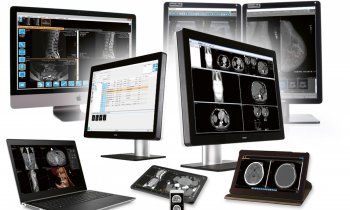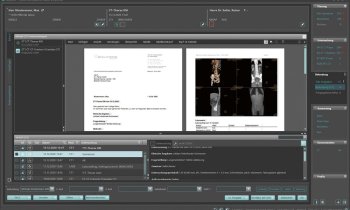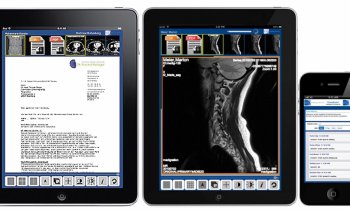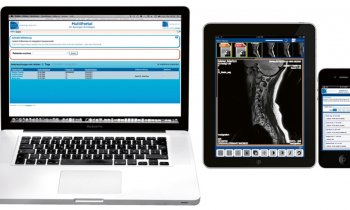epSOS
Members of the EC Information Society and Media Directorate-General, Ilias Iakovidis, Deputy Head of Unit, and Project Officers Flora Giorgio and Michael Palmer, outline the potential of a project set to bring cross-border healthcare into reality.
In September 2008, twelve EU member states signed a new initiative aiming to revolutionise the way Europeans, no matter where in the EU, can access their health records electronically.
The European Patient Smart Open Services (epSOS*), known as the Large Scale Pilot, is a bold attempt to break down barriers that block the way to offering seamless healthcare to EU citizens who fall ill in a country other than their own.
These barriers exist because European states all developed their own ways of storing medical data with no attempt to make those systems ‘talk’ to each other. Consequently, European lives have frequently been at risk when medical authorities could not access their health records.
With a mandate to run for three years, health authorities in Austria, the Czech Republic, Denmark, France, Germany, Greece, Italy, the Netherlands, Slovakia, Spain, Sweden and the UK will attempt to prove that interoperability can work despite the different medical heritage of each participating state.
Three years may not seem a long period in which to make a step change in how healthcare can be delivered, but it is important to remember that the project aims to work with whatever infrastructure already exists. Initially, this will involve countries in deciding how much of their health systems can be shared with their partners and then producing best practice models to achieve this.
To attain their objectives by 2011, the 12 member states have an ambitious timetable. Structured to cover several phases, the project starts with a full audit of member states’ current capabilities; examination of any legal considerations the project may throw up; development of technical considerations to ensure secure use of personal data and ending with a near-real life beta test.
The project’s chances of success have been considerably boosted by the level of political buy-in received. Progress among the twelve EU member states should provide a good working model of how well any interoperability system will work after the model rolls out to all 27 EU countries. Furthermore, the project will work closely with the CALLIOPE network (Call for Interoperable eHealth services in Europe) to ensure benefits can be shared with non-participant countries. During the project, the network will be consulted on specific topics and contribute to raising awareness and create consensus around the overall issue of interoperability of eHealth services.
The EC’s recommendation in July to work towards cross–border interoperability of eHealth architectures is also a good indicator of how this pilot is tapping into the zeitgeist for universal access to electronic health records across the EU.
The goodwill among all stakeholders for the pilot’s success is also tremendous. Along with the EC’s backing (funding 50% of the project), and that of the 12 participating member states, European industry, which was previously hesitant to play a part in jeopardising research and investment in proprietary legacy systems, is now lending support. Among major vendors, the feeling is that, far from destroying value, a role in helping to harmonise Europe’s healthcare system offers an opportunity to gain worldwide leadership positions in electronic healthcare -- a real step away from the past.
The Large Scale Pilot offers social and economic benefits to all stakeholders and will be keenly watched by the other EU member states, which could benefit from the pathfinder’s efforts. It will also be keenly debated at the World of Health IT conference (Copenhagen. 4-6 November) where several of the scheme’s architects will offer feedback on current progress and share views on how the project will evolve up to 2011. It is in all Europeans’ interests that this project, which only a few years ago would have been considered impossible, becomes a success: let us hope that we use this opportunity wisely.
Links:
www.epsos.eu
www.worldofhealthit.org
29.10.2008











